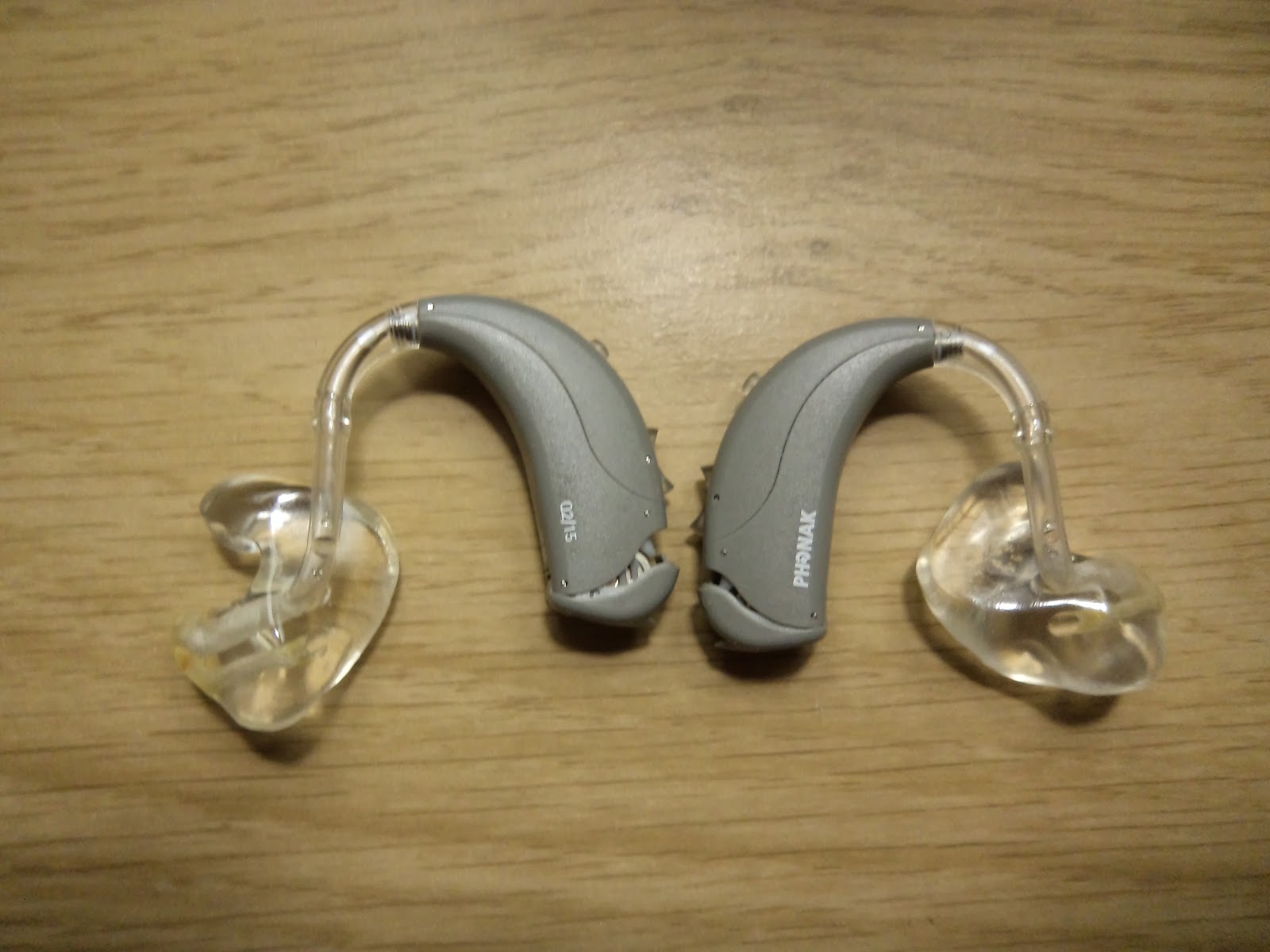
Children with hearing loss are often isolated, without friends, and unhappy in school and relatives avoid them like a plague.
BY PHYLLIS MBANJE
Their parents, especially the mothers, are ostracised by society and are blamed for having a child with a disability.
*Christine, a mother of six, knows only too well the pain of being blamed for having a child with a hearing problem.
“We started noticing that there was something wrong with our son when he could still not talk at 18 months,” she said.
Worried about her son, she took him to the experts who confirmed her worst fears: he was deaf.
“It was the most trying time of our lives and what made it worse was that I was largely alone in this dilemma,” she said narrowing her eyes, remembering the painful period.
Her husband initially did not understand what they were dealing with and left her to deal with their son.
- Sibanda to represent Zim at Miss Queens of Africa
Keep Reading
“The hardest part was being alone and not having someone to share my concerns with and help ease the burden,” Christine recalls.
Relatives were also not supportive and her in-laws did not hide the fact that they blamed her for the disability and even tried to send her back to her parents’ home.
“Some relatives said they never had any case of deafness in the family and believed it was from my side of the family. That hurt me a lot and at family gatherings no one would care to check on him or even involve him in any way,” she said.
Christine recounted one time when her son, by then aged two, underwent surgery to try and correct the problem.
“I watched as the anaesthetist put him under and tears welled up in my eyes. He was so young,” she says as her soft brown eyes cloud with emotion.
Determined to be there for her son, Christine enrolled in sign language school so that she could communicate with him better.
“Before he got his hearing aids he was very aggressive and lost his temper quickly. I guess it was frustration of not having a language,” she notes.
Her perseverance finally paid off and today her teenage son is doing very well at a special school that caters for students with his condition.
“I am glad my husband later came around and so now together we are there for our boy and he is just like any other boy his age.”
Christine wishes people understood this condition and gave as much support to the family as they could without judging or stigmatising them.
“What he lacks he makes up for with a sharp eyesight,” she says proudly.
The director of the Leornard Cheshire Disability Zimbabwe Trust (LCDZT) Ben Chikwanha said negative societal attitudes towards people with hearing impairments was rife and that the battle was still far from being won.
“Less than 25% of all people who need hearing aids actually get them and yet most cases can be treated successfully,” said Chikwanha.
Speaking during an event at LCDZT dubbed “Hearing Care Mission” at which 242 children were fitted with hearing aids, Chikwanha said a child whose hearing functionality is restored has reduced chances of being discriminated against at school and home as he/she can participate in activities on an equal footing with non-impaired peers.
Starkey Hearing Foundation funded the whole process and availed qualified personnel for fitting of the hearing aids which cost US$2 000 per pair.
Additional medical staff was provided by Wizear Trust. The children were drawn from LCDZT’s various partners while the organisation carried out hearing assessments to determine the hearing levels of each child.
The targeted children were from poor backgrounds as many cannot afford to buy hearing aids.
The specialists from Starkey also worked with Ear, Nose and Throat surgeons from Wizear Trust to fit the children with hearing aids. Following the fitting, the 242 regained their normal hearing functionality and will be monitored in the schools. Following the successful launch of hearing care mission, Starkey is planning to fit 1 000 children with hearing aids in February 2015.
Untreated hearing impairment can affect school performance and social development. It causes delay in the development of receptive and expressive communication skills [speech and language].
“He has depended on me a lot and my only worry is that when I am no longer there, will he be alright?” Christine asks no one in particular.











